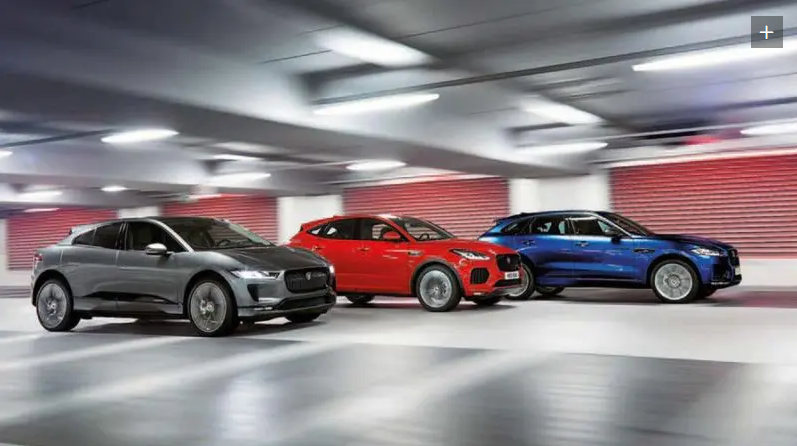
Indian multinational Tata’s – the owner of Jaguar Land Rover – has announced plans to spend £4 billion ($A7.6 billion) on an electric vehicle battery manufacturing facility in the UK, in what is being hailed as one of the most significant developments for the local car industry in decades.
Tata, which bought the British car brands Jaguar and Land Rover in 2008, says the factory could supply almost half of the UK’s production needs by 2030, and is being supported by significant subsidies, of up to £500 million according to some reports.
The investment follows months of speculation about the location of the battery factory, which are key to supporting its own plans to sell only fully electric cars by 2025.
It has announced plans to invest £15 billion over the next five years upgrading its UK manufacturing facilities, and is getting ready to produce its first electric Range Rover.
To deliver on those electric promises, it will need batteries. At 40 gigawatt hours (GWh), the proposed capacity of Tata’s factory in Somerset would be significantly higher than the 1.9 GWh operated by Envision AESC factory next to an old Nissan factory in Sunderland, which is so far the UK’s first and only operating battery factory.
Geelong-based Recharge Industries announced in March its plans to step-in and buy UK start-up Britishvolt, but there are serious questions about that company’s ability to finance that investment, and doubts too about its proposed battery manufacturing facility in Geelong.
Worldwide battery manufacturing capacity is currently at 1,600 GWh according to the International Energy Agency’s (IEA) World Energy Investment report published in May 2023, with 6,800 GWh of capacity projected by 2030, based on current announcements.
China will continue to account for three quarters of battery manufacturing capacity by 2030, although its share of global supply is expected to fall, in part due to growing investment in the United States due to the Biden administration’s Inflation Reduction Act, according to the IEA.
The United Kingdom has announced plans to ban the sale of new petrol and diesel cars from 2030 and has set a goal of reducing the country’s greenhouse gas emissions by 68%, compared to 1990 levels by the end of the decade.
By comparison, Australia has set its emissions reduction target at 43 per cent by 2030 compared to higher 2005 levels and has no set targets on EVs, although it is preparing to introduce fuel emissions standards. It is currently the only western economy without them.
Car production in the United Kingdom fell in 2022, to 775,014 units, however according to the UK Society of Motor Manufacturers and Traders this included a “record level of electrified vehicle production with almost a third of all cars made fully electric or hybrid”.
The UK currently imports all its lithium but is exploring plans to mine for lithium in former tin and copper mines in Cornwall. By comparison, forty-six percent of the world’s lithium came from Australia in 2020, and it is predominantly exported to China for processing.